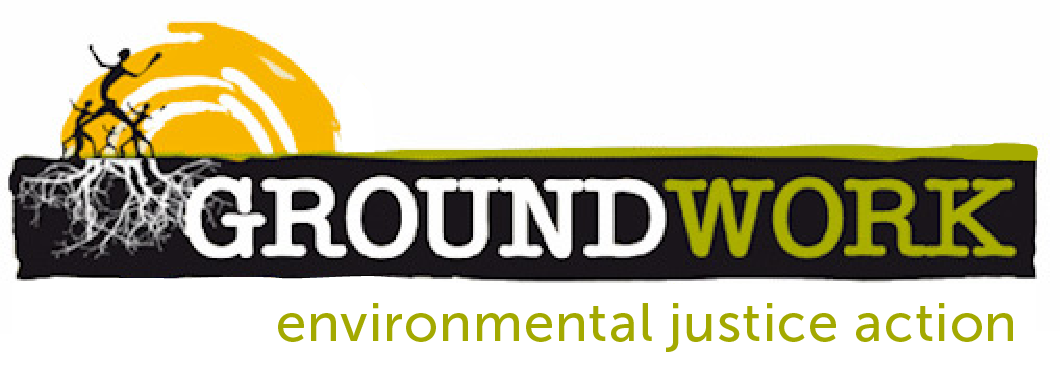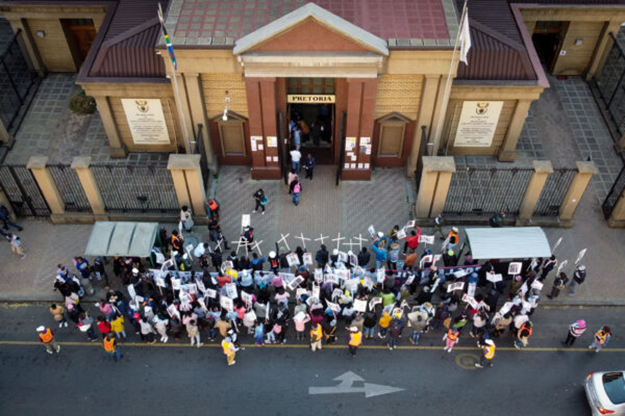
Global warming and fossil fuel depletion, as well as the goal to provide universal energy access, increasingly place the development of sustainable just energy systems at the top of global political agendas. The future will most likely be powered by renewable energy sources. For the energy transition to be economically, socially, and environmentally sustainable and just, a rethinking of how the energy sector should be organized, financed, and which materials and technologies should be promoted.
These considerations entail:
- how the raw materials for the energy producing devices are acquired and processed,
- associated environmental impacts and working conditions,
- maintenance of the technologies,
- how the waste from the energy producing devices is handled,
- that chemical safety issues are crosscutting all aspects of the transition, as the transition should not just safeguard conditions for economic growth and a good standard of living, but also improve protection of human health and environment, and
- how different energy systems have different impacts, throughout their life cycles.
The Swedish Society for Nature Conservation (SSNC)’s department of Climate and Chemicals co-organized a series of capacity building activities on the transformation of the energy sector from a corporatized fossil fuels sector to community-led renewable systems. The activities seek to answer the question: how can we understand and foster an environmentally, socially and economically sustainable energy transition? The aim is to prime the participating organizations with holistic and life-cycle perspectives, to enable them to better influence a sustainable national transformation of the energy sector. Participating organisations included groundWork (Friends of the Earth, South Africa), Earthlife Africa (ELA, South Africa), Ecoaction (Ukraine) and Movimento dos Atinguidos por Barragens (Brazil), Centre for Financial Accountability (India) and Toxics Link (India)
In 2017, the German energy transition study tour focussed on three pillars of sustainability: economic, social and environmental. Activities included visiting community-based energy systems and mapping relevant SDGs (3, 6, 7, 8, 11, 12, 14 and 15) in the transformation of the energy sector. The exchange in 2018, hosted by groundWork, examined the South African energy sector to understand how best we can foster a Just Transition that encompasses a community-centred approach in an open democracy in which people can live well with each other and the earth. Aspects covered included an energy transition that sustains the environment, livelihoods and generates decent work while promoting a safe circular economy. The 2020 country visit was planned to focus on the Indian Energy sector with Indian partners Toxics Link and Centre for Financial Accountability to host the exchange. Due to the Covid-19 pandemic travel restrictions, the visit was changed from the physical trip to virtual sessions. In 2021, due to uncertainty in global travel and hardships faced by exchange partners, a report was commissioned from TGH Think Space on the policy and legal elements for a lifecycle perspective to support a just transition of the energy sector to renewables.
The SSNC Just Energy Transition Exchange reports, summaries and presentations may be found here:
1. JET 2021 Environmental Lifecycle Report
2. JET 2021 Env Lifecycle Summary
3. JET 2021 Env Lifecycle Community Presentation
4. JET 2020 India_virtual Exchange Report



